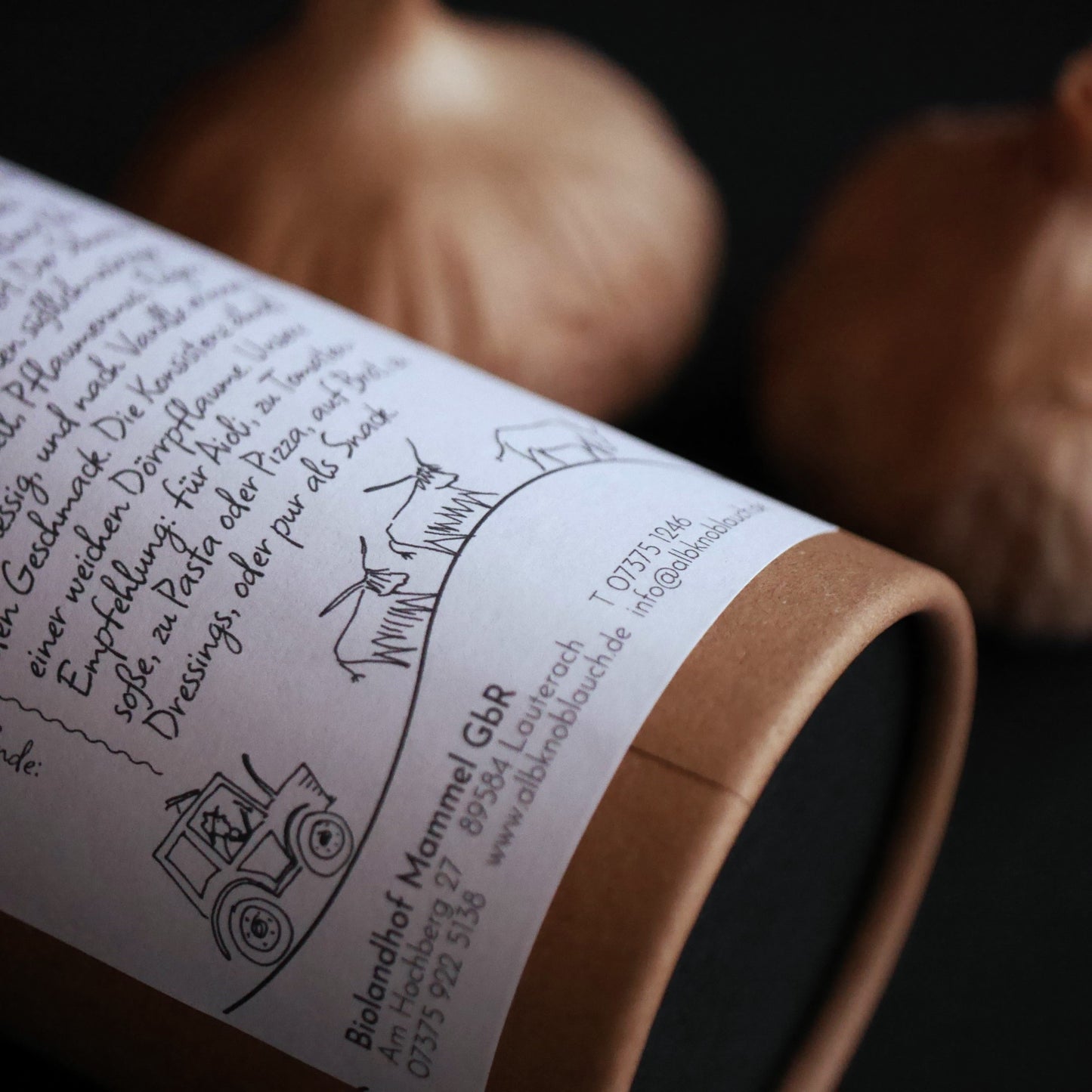
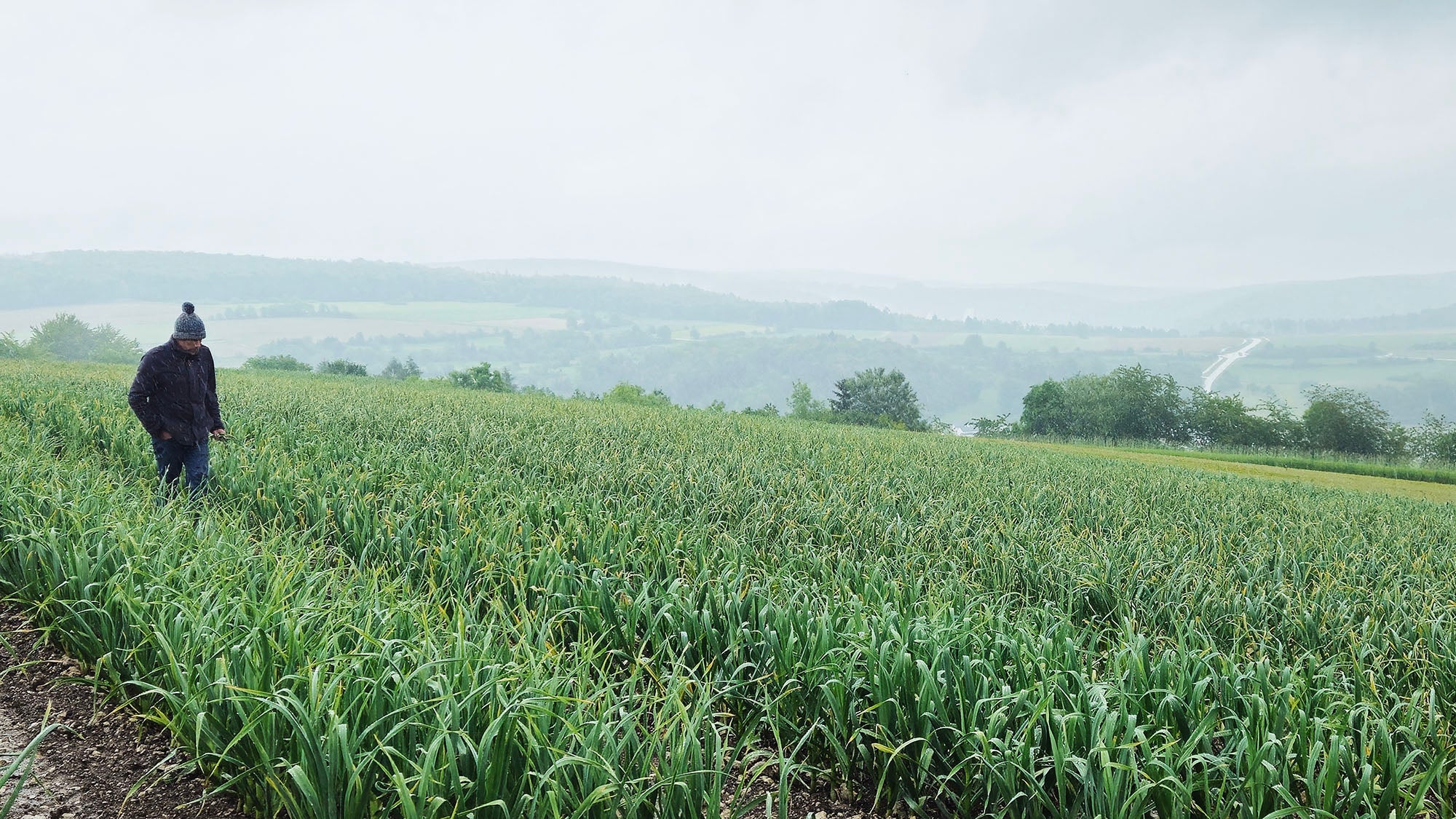
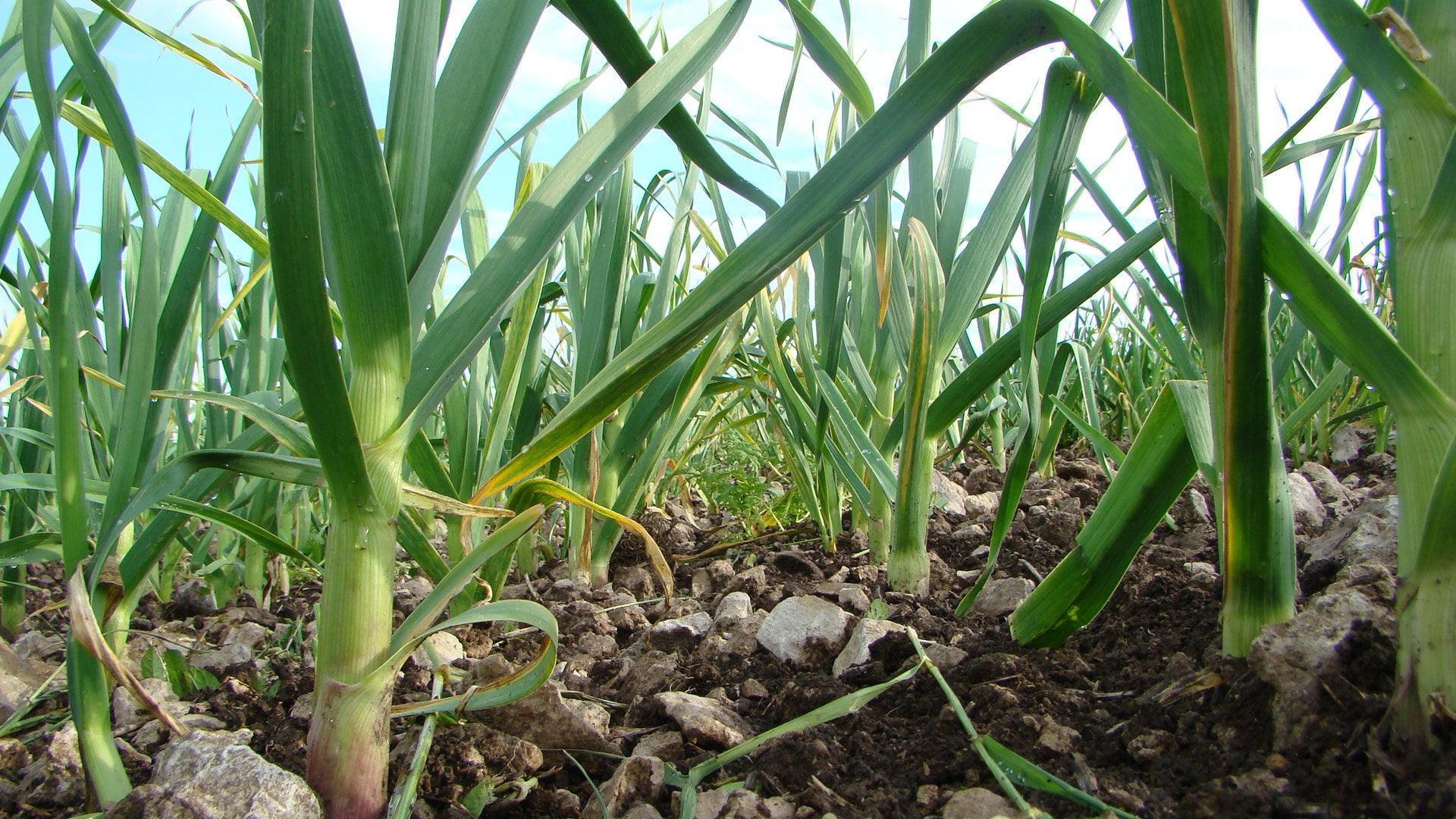
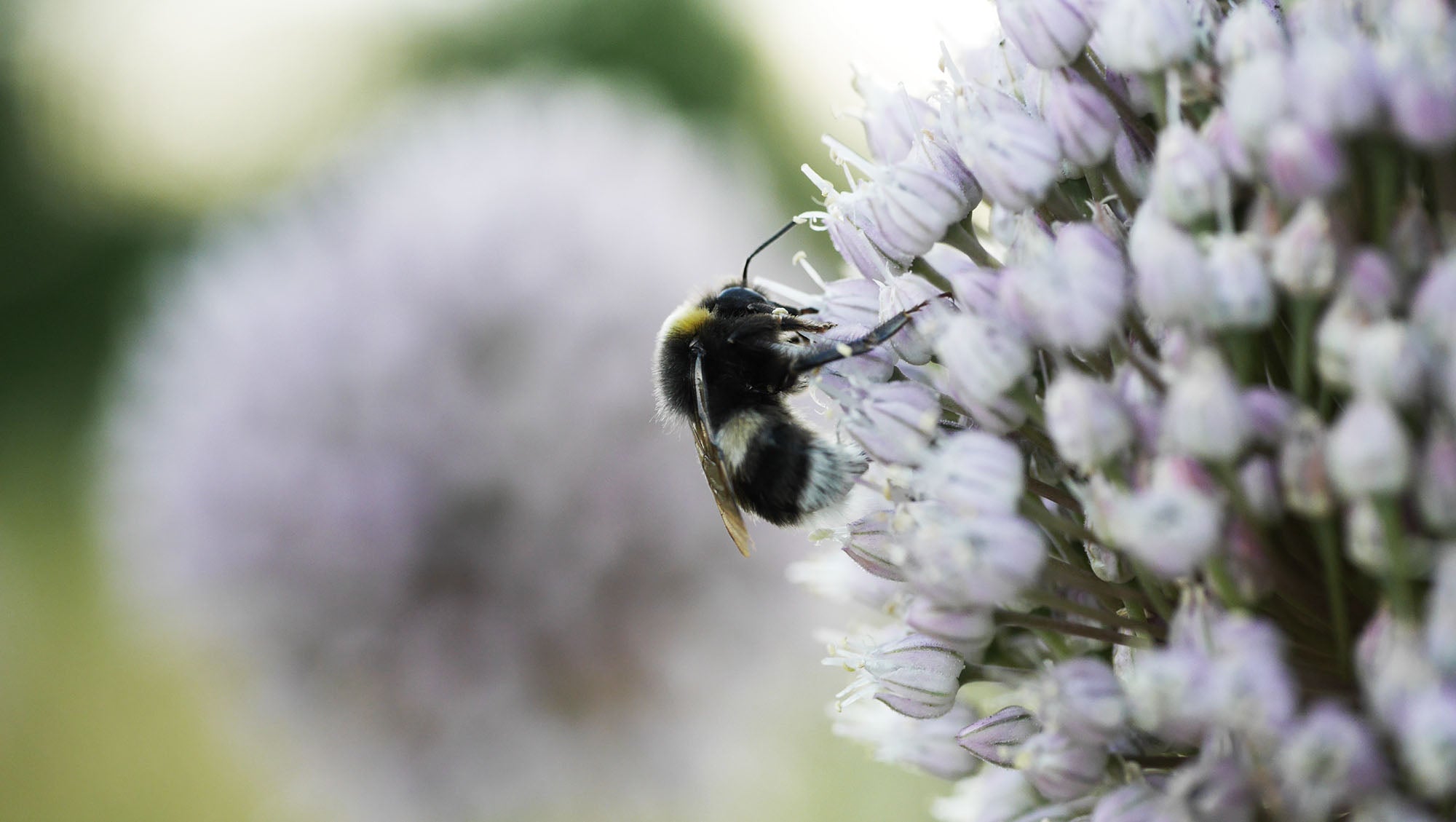
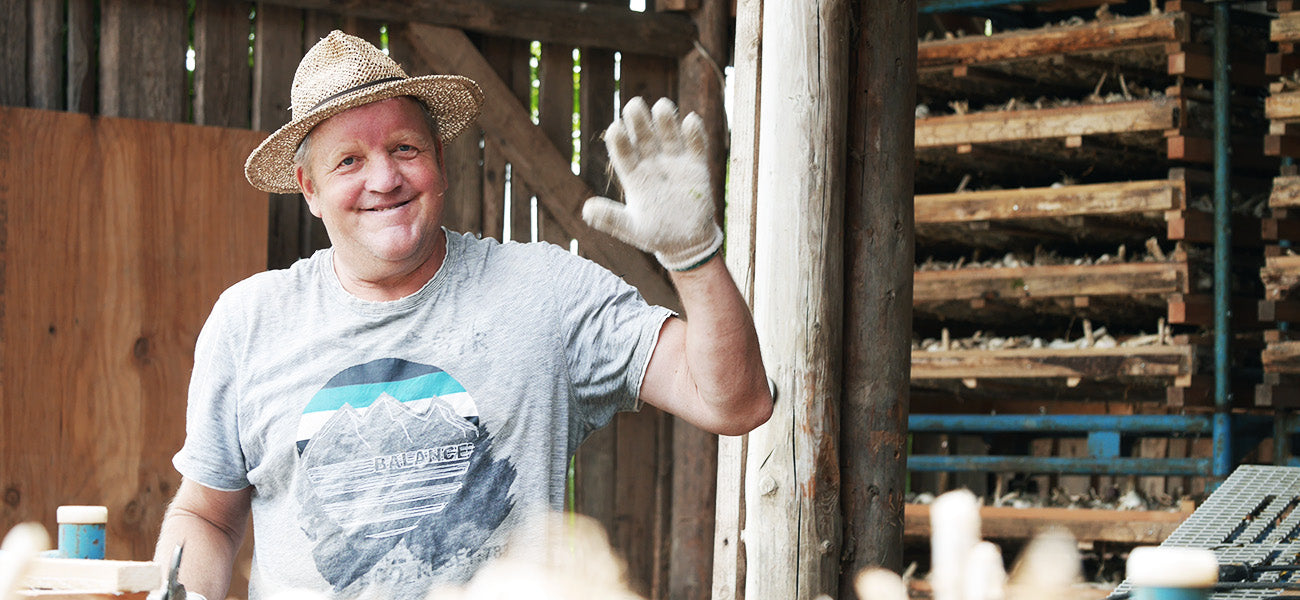
Which type of garlic should I order?
Sharpness
- milder: Bella Italia , Arno
- medium hot: Sabagold , Garcua , Garpek , Messidor , Polish Softneck
- spicy: Ljubascha , Oma Hildrun, Russia Red , Makói , Germidour
The spiciness changes during storage!
Color
- white-shelled: Garcua , Sabagold , Messidor , Arno
- purple: Bella Italia , Russia Red
- striped/spotted: Germidour , Polish Softneck , Garpek , Makói
- brown-purple: Grandma Hildrun, Ljubascha
Robust varieties, easy to grow
- we recommend the varieties:
- Lyubasha (hardneck)
- Garcua (softneck)
- Messidor (soft neck)
- Russia Red (hardneck)
Which garlic products in a jar do you recommend?
Pickles and mustards
- Pickled garlic stems
- Pickled garlic flowers
- Apple Mango Garlic Mustard
- Sweet mustard
Oil & Vinegar
- Garlic oil
- Garlic vinegar
- Garlic balsamic vinegar
- Dip & Salad Oil
- Baking & frying oil
Made from regional ingredients
durability
- Mustards and paste have a shelf life of 2 years from the date of bottling
- Spreads 1 year
- Pickled 2 years
- Pestos have a 1-year best before date
- Garlic Salt 4 years
- Garlic oil 1 year
- Garlic vinegar 3 years
Please store in a cool place (in the refrigerator after opening) and away from light!
What is important to us:
-
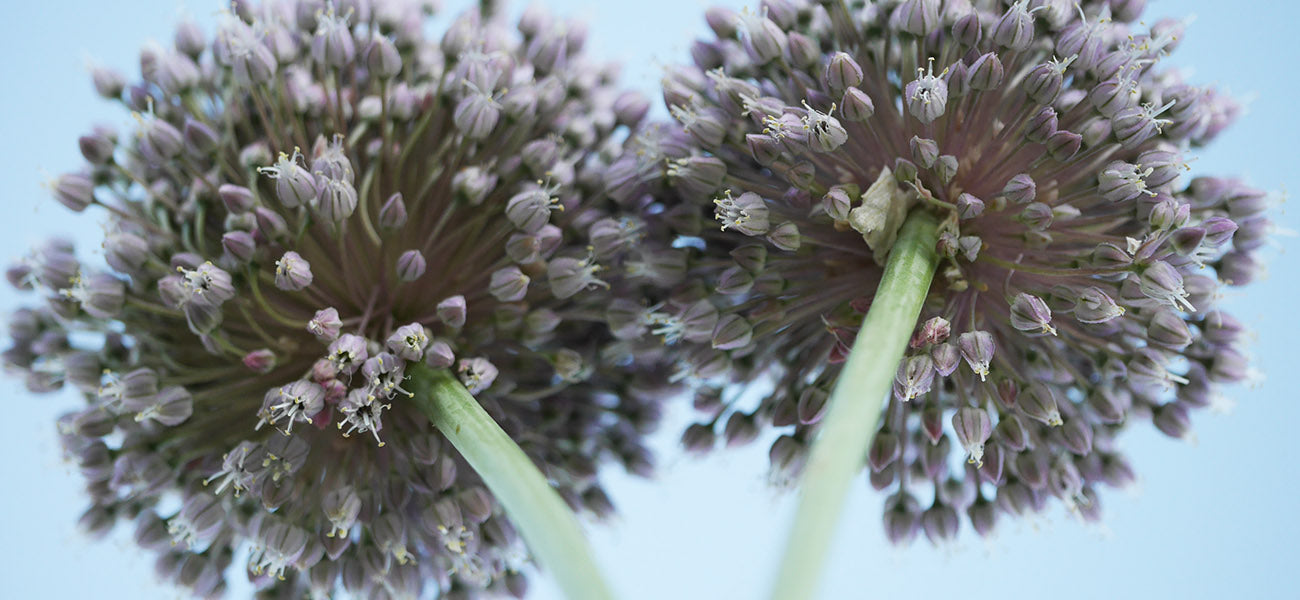
Garlic variety
We were amazed to discover how many different types of garlic have emerged around the world. We would also like to grow a small selection here on the Hochberg. That's why we test new, interesting varieties every year.
-
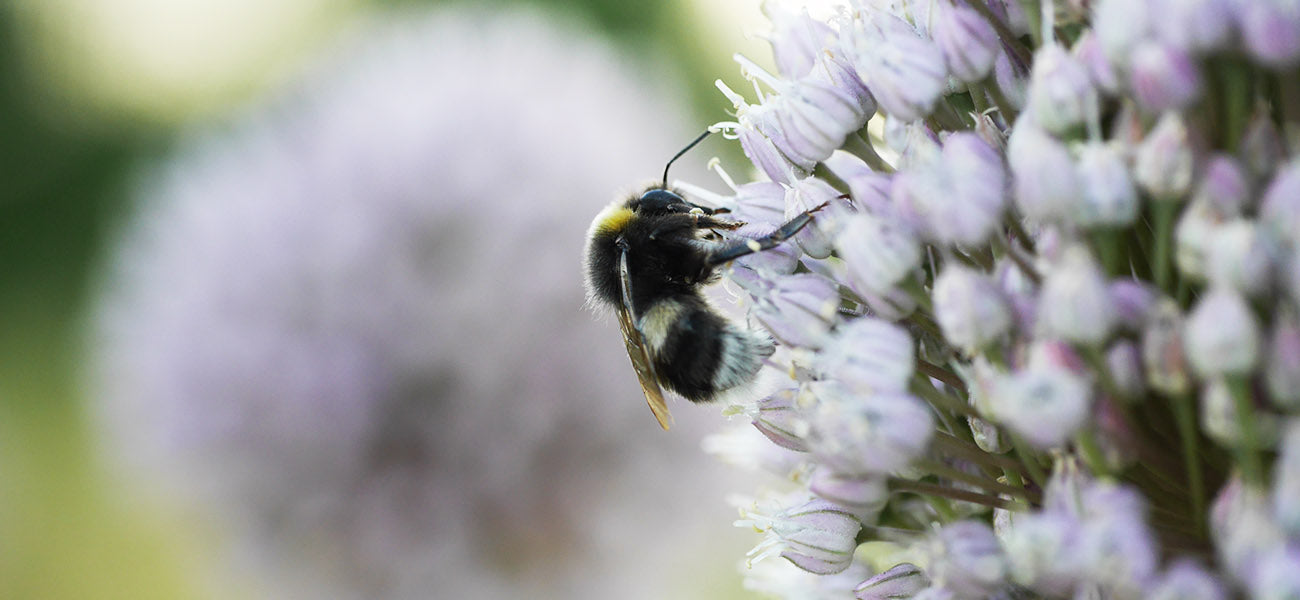
Biological Diversity
...is available in our garlic field. We do not use weed killers, insecticides or artificial fertilizers. We regulate the weeds mechanically...and that's actually hard work. Especially if you have to weed by hand. But as a reward for this we have a wonderful diversity of species!
-
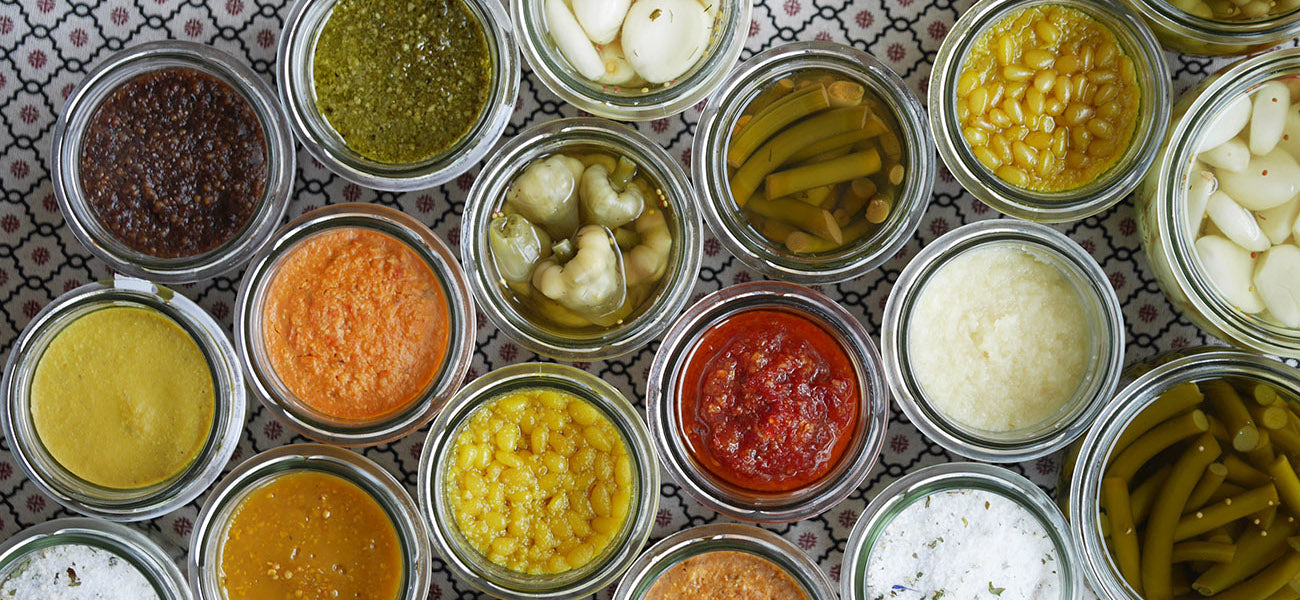
Ingredients and quality
We only use organic ingredients, wherever possible from the region. We are also growers of Alb lentils ourselves. We get first-class cleaned lentils from the house next door as an ingredient for our lentil spreads. We purchase rapeseed oil from the Bauschatz organic farm nearby. Most of our products bear the Bioland logo and are strictly inspected annually by ABCert. Hygiene and quality assurance is carried out by the BAV INSTITUT. We are also a member of Slow Food Germany.
-
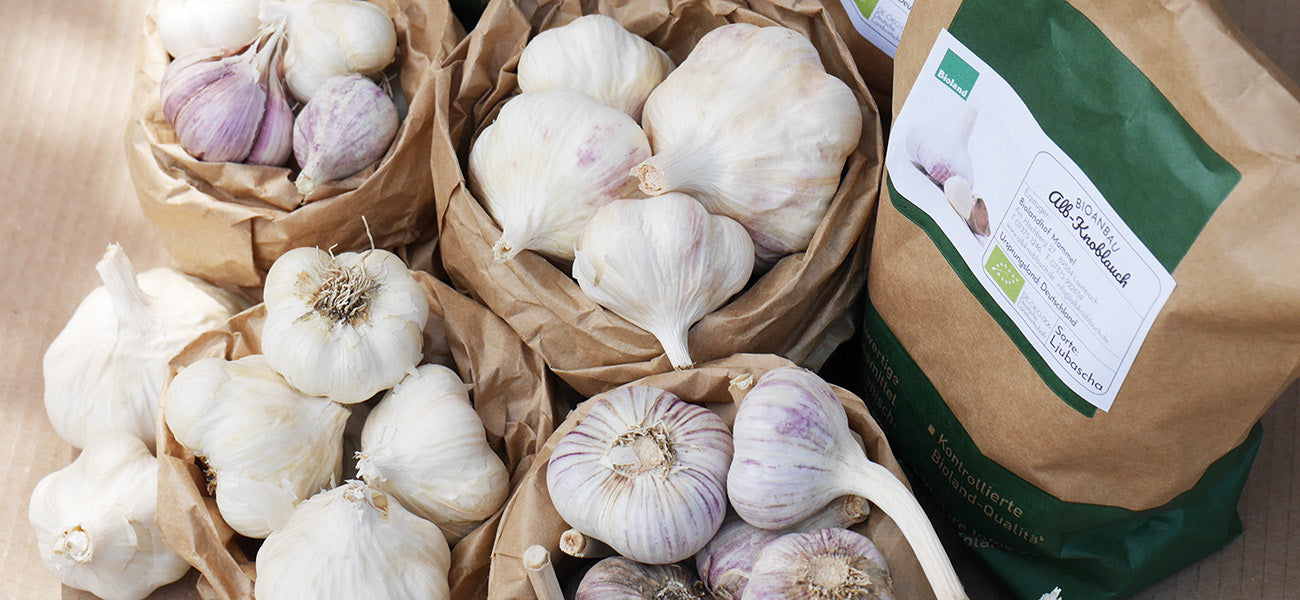
packaging and shipping
We work with an environmental printing company. The labels and leaflets are printed in an environmentally friendly way. The use of organic printing inks and organic varnishes based on renewable raw materials as well as suitable adhesives and additives also contribute to the conservation of resources. When shipping, we take great care to ensure that there is no waste, everything is made of paper.
- Choosing a selection results in a full page refresh.
- Opens in a new window.












